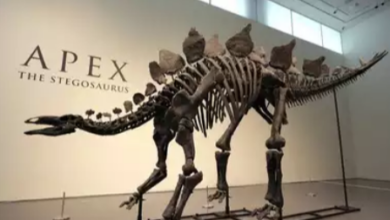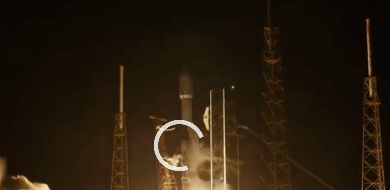The Impact of Artificial Intelligence and the Circular Economy

There are many misconceptions about AI. The concept that artificial intelligence is innovation is among the most popular. A small group of scientists and mathematicians came together for a summer proposed study here at Dartmouth College in 1956, marking the beginning of the first academic investigation of AI. It seems like a fresh field because “artificial intelligence (AI)” itself is constantly evolving.
It is now taken for granted that clever inventions like automated number/license plate recognition for vehicles, which was created by the vehicle registrar in the late 1970s. What we’re witnessing right now is the latest development in the long-running advancement of technology designed to improve computers’ capacity for data analysis.
Basic Understanding of Circular Economy
The goal of a circular economy (CE), also referred to as circularity, is to eliminate waste and continuously use finite resources. It has a life cycle of creation, usage, reuse, regeneration, recycling, and subsequent use. It establishes a closed loop system, reducing resource waste from leftovers. It essentially adheres to the rule “utilizing the maximum of a resource”.
Let’s look at a simple illustration of the food cycle: since vegetarians eat only plants, people usually cook the food, consume it, and then discard the leftovers. But if we place it in soil, instead of discarding it, it turns into compost and gives plants the most nutrients possible. Once more, can be consumed from plants.
The typical linear economy is completely at odds with this regenerative process. Circular economy (CE) therefore concurs with the notion of sustainability.
Artificial Intelligence (AI) Powered Circular Economy
Artificial intelligence (AI) has the potential to significantly contribute to this transition in the system. The Fourth Stage of the Industrial Revolution, which employs models and systems that imitate human intelligence capabilities like reasoning and learning, is fundamentally driven by AI. The strength of Artificial Intelligence (AI) is that it enables the processing of data more effectively, solving any complicated issue successfully, and learning more quickly from feedback. An increasing number of studies are being done to see whether applying AI may hasten the shift toward a circular economy.
The circular economy’s three guiding concepts are to prevent design waste and pollution, create and store goods and resources at their peak value, and renew natural systems.
Development of Artificial Intelligence and the Circular Economy
A strong, dependable infrastructure for managing reverse logistics as well as remanufacturing is required for effective progress as well as the adoption of shared market economy models in many businesses. Technology has strength in this because of Artificial Intelligence.
To forecast demand and pricing curves, Artificial Intelligence and the circular economy combine real-time insights and past behavioral information from products and consumers. Additionally, it improves asset use and product circulation. Additionally, Artificial intelligence enables firms to use more creative inventory management strategies and provide better predictive service for huge machines.
Increase Circular Infrastructure Efficiency
The fact that materials and goods are reused frequently as opposed to the popular use-and-throw model is a key component of artificial intelligence and the circular economy. As a result, the ability to be reused, repaired, remanufactured, and recycled is a necessary attribute for the items. It becomes difficult when trying to recover nutrients from biowaste streams because doing so would require labor-intensive and expensive collection, sorting, separation, and treatment.
In a similar vein, recovering materials out of used computers is challenging due to the heterogeneous and mixed waste streams. Let’s say we can create a reliable conduit that enables a uniform flow of materials and goods.
AI and Circular Economy: Here’s How you Can Go Ahead
AI deals with computer systems and models that mimic human cognitive processes including learning and reasoning. Unlike more traditional software, which is pre-programmed as well as deterministic in nature, Artificial Intelligence software can learn from experience. You can avail the services of experts who are experienced enough to help you with AI and attaining a circular economy.




